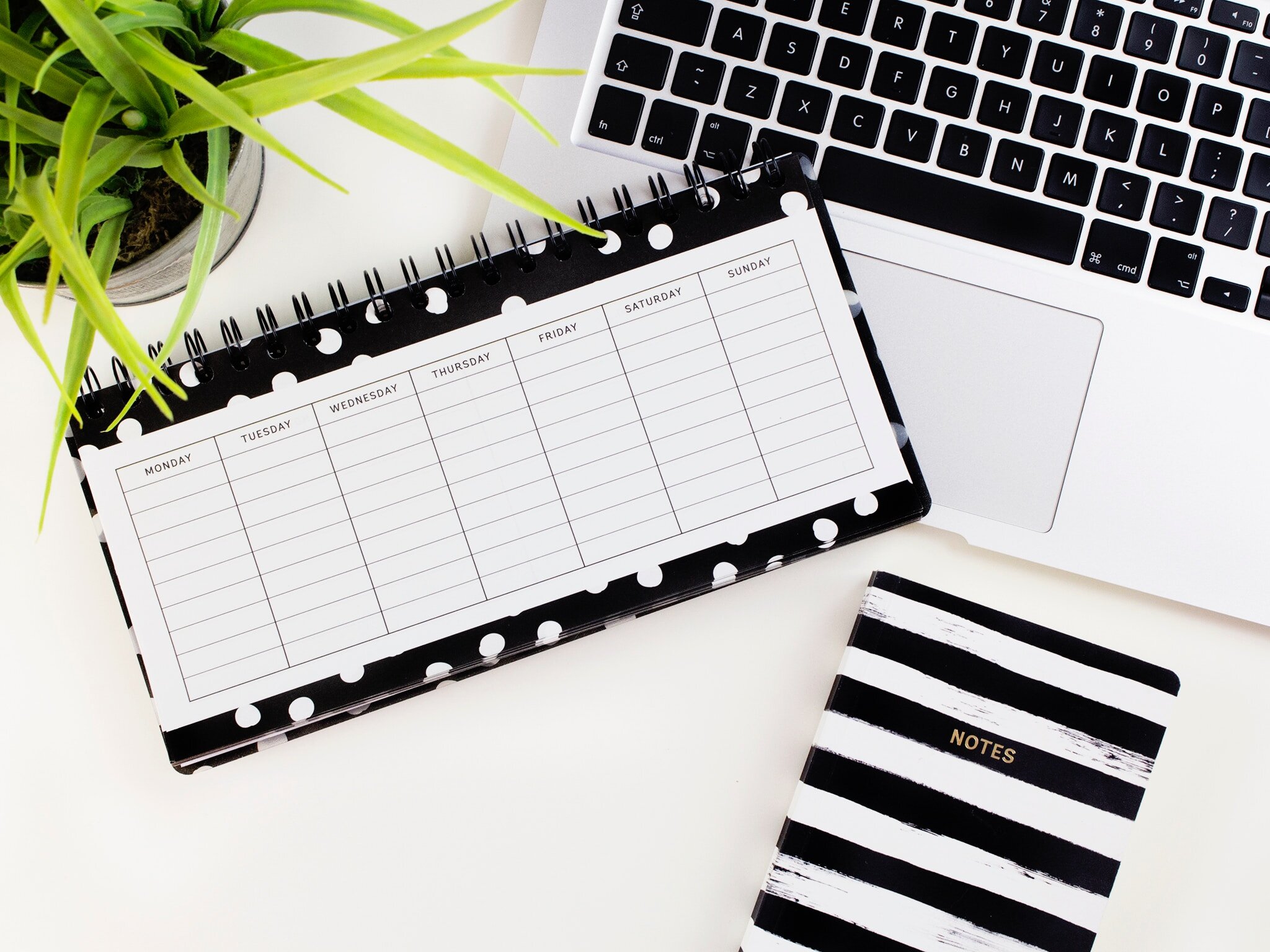While attending the recent conference of the American Council on the Teaching of Foreign Languages, I had the opportunity to catch up with a friend I used to work with at the Middlebury Arabic Summer School. In the intervening ten or so years since we worked together, we’ve both had two kids, completed grad school, and are now working full time in educational settings (her in a high school, me at a university). Part of our conversation involved discussing the logistics of getting little kids around while working, and as I described my planning system, she made the really insightful comment that by planning when I do all of the things, I’m also planning when I’m not doing things.
I had never thought about planning this way before, but in fact I think this is one of the reasons I like it the most! The more I thought about it afterwards, the more I realized that there are a lot of times where I plan to do nothing (like after 8pm at night) or plan not to do specific areas of my life (like work while waiting at dance competitions or on airplanes or outside of a limited block on weekends). This works because I plan everything I have to do into other time slots and adjust as necessary.
The magic in knowing that I’m not doing certain things is that I don’t feel guilty about not doing them, and usually I don’t even think about them at all! This is key because in most areas of my life (research, teaching, parenting, running a dance school, keeping on top of my house) there is always something more I could do. Always. Nor are these frivolous tasks—I mean reading another key article, or reading another book to my kids, or searching for more authentic teaching resources online, or finding performance opportunities for my dance students. Without limits on these activities (provided by planning), it’s easy to worry that I’m not doing enough, or I should be doing something else, or trying to squeeze one more thing in, or multitask in some new way. In fact, prior to upping my planning activities, I used to feel this way all of the time, constantly stressed and frazzled.
Now, although I probably do exactly the same quantity of things I did before, I feel much better about it (although never stress-free 🙂). I also think this raises the quality of the things I do because having time limits means I’m more selective and also more focused. So I might not be doing everything, but I’m doing the most important things (at least according to me). Furthermore, if I suddenly feel inspired to do something at a time I’d planned not to (like grade papers on an airplane or at a conference), it’s a bonus, rather than something I planned and then failed to do.
So, what do you think? Is knowing when you’re not doing things as key as knowing when you are doing them? What do you plan not to do?

Comments
2 responses to “Unexpected Benefits of Planning: Knowing when NOT to do things”
Thank you SO much for this post–you really hit the nail on the head! I hope I can follow your advice and develop habits of planning in time for NO things as a way to reduce the constant state of frazzle in which I currently live 😉
Thank you, and let me know how it works out, good luck!